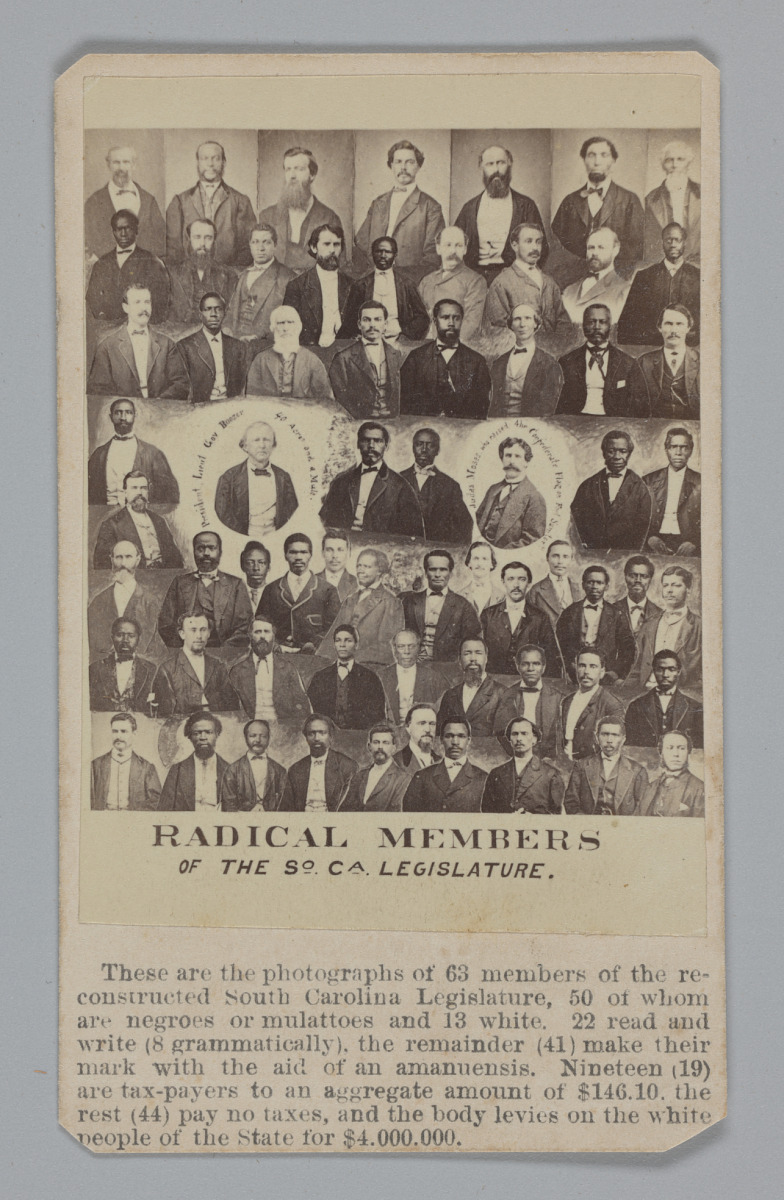On this dayOct 20, 1870
Black South Carolina Lawmaker Assassinated Day After Re-Election
On October 20, 1870, a Black politician named Wade Perrin was assassinated by a white mob in Laurens County, South Carolina, one day after he was re-elected to the state’s House of Representatives.
Mr. Perrin was one of five members of the South Carolina General Assembly representing Laurens County and a minister in the African American Methodist Episcopal Church. He was initially elected to the South Carolina House of Representatives in 1868, the first election after the Civil War in which Black men participated in large numbers. After serving for two years, he ran for re-election and won on October 19, 1870.
The next day, in the Laurens County town now known as Joanna, a gun was discharged during a fistfight. In response, supporters of the Democratic Party formed a mob and began to terrorize Black residents and their white Republican allies. Violence continued and the mob became more agitated after learning that the Republican Party had performed well in the election.
While walking in town, Wade Perrin was confronted by members of the mob, who tortured him and shot him in the back when he tried to flee. According to subsequent testimony in Congress, he was found “lying by the road dead, with his pockets turned inside out,” and his death was one of at least eight targeted killings of Republican party members in South Carolina that day.
Rep. Wade Perrin was among many Republican political leaders across the South who were assassinated during the Reconstruction era, as those committed to racial hierarchy turned to fatal violence rather than accept defeat in democratic elections. On January 31, 1871, a resolution in Wade Perrin’s honor was introduced in the South Carolina House, stating that he “fell a martyr to the assertion of principles of free government and free speech.”

About EJI
The Equal Justice Initiative works to end mass incarceration, excessive punishment, and racial inequality.
About this website
Until we confront our history of racial injustice and its legacy, we cannot overcome the racial bias that exists today.
 Learn more
Learn more